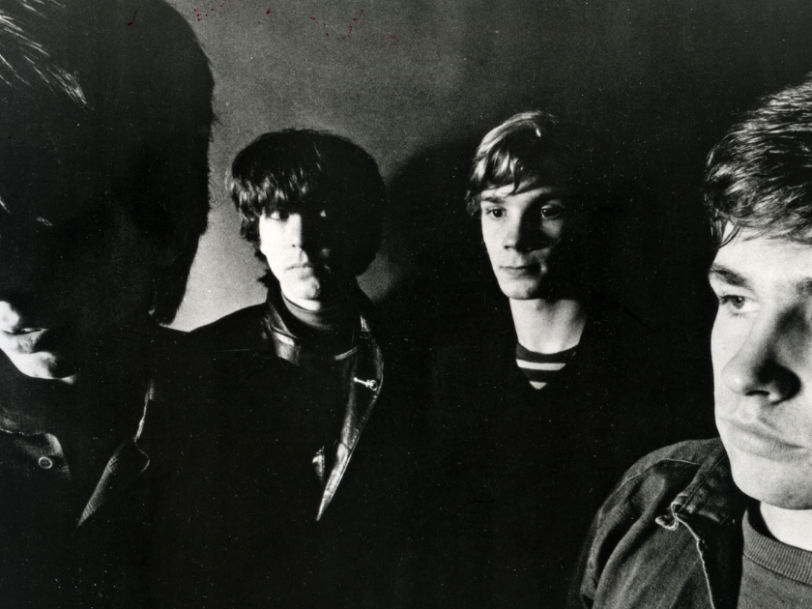Simply because he was 27 when he died, in a motorcycle crash on 14 June 1989, Echo And The Bunnymen’s original drummer, Pete De Freitas, has since gained entrance to the so-called “27 Club”: a ghoulish term for rock stars who expired at that seemingly cursed age, and which has been widely used since the death of Nirvana’s Kurt Cobain in 1994.
Yet, despite a propensity for (literally) living fast on his beloved Ducati, De Freitas was anything but another of rock’n’roll’s James Dean wannabes. Once described by his group’s original manager, Bill Drummond, as “the sanest and most balanced of The Bunnymen”, De Freitas was polite, intelligent, urbane and charming – in addition to being one of the greatest drummers ever to sit behind a kit.
“A lot of drummers do rate him, and there’s a lot of people who know how good he was,” Bunnymen guitarist Will Sergeant told Far Out in 2021, before lamenting that his bandmate is “not always there with [John] Bonham and Keith Moon and all that”.
Listen to the best of Echo And The Bunnymen here.
Growing up: “He was a free spirit looking for the big adventure”
It’s no exaggeration to say that Pete De Freitas played an integral role in Echo And The Bunnymen’s transition from cult post-punk Liverpool heroes into one of the most important acts of the 80s – and that’s especially remarkable when you consider he originally had no links with Merseyside at all. Born Peter Louis Vincent De Freitas, in the Caribbean, in Port Of Spain, Trinidad And Tobago, on 2 August 1962, De Freitas was the son of a copyright lawyer who sent the young Peter to be educated at a renowned British public school, Downside, in Somerset.
From there, De Freitas had a degree at Oxford University in his sights, until a friendship with Kieran Balfe, brother of Zoo Records’ co-founder David Balfe, brought him to the attention of The Bunnymen, whose Zoo-sponsored debut single, Pictures On My Wall, was causing a stir. However, while Sire Records’ Seymour Stein was keen to sign the group at this stage, he stipulated that it would only happen if the band replaced their long-suffering drum machine with a flesh-and-blood sticksman.




